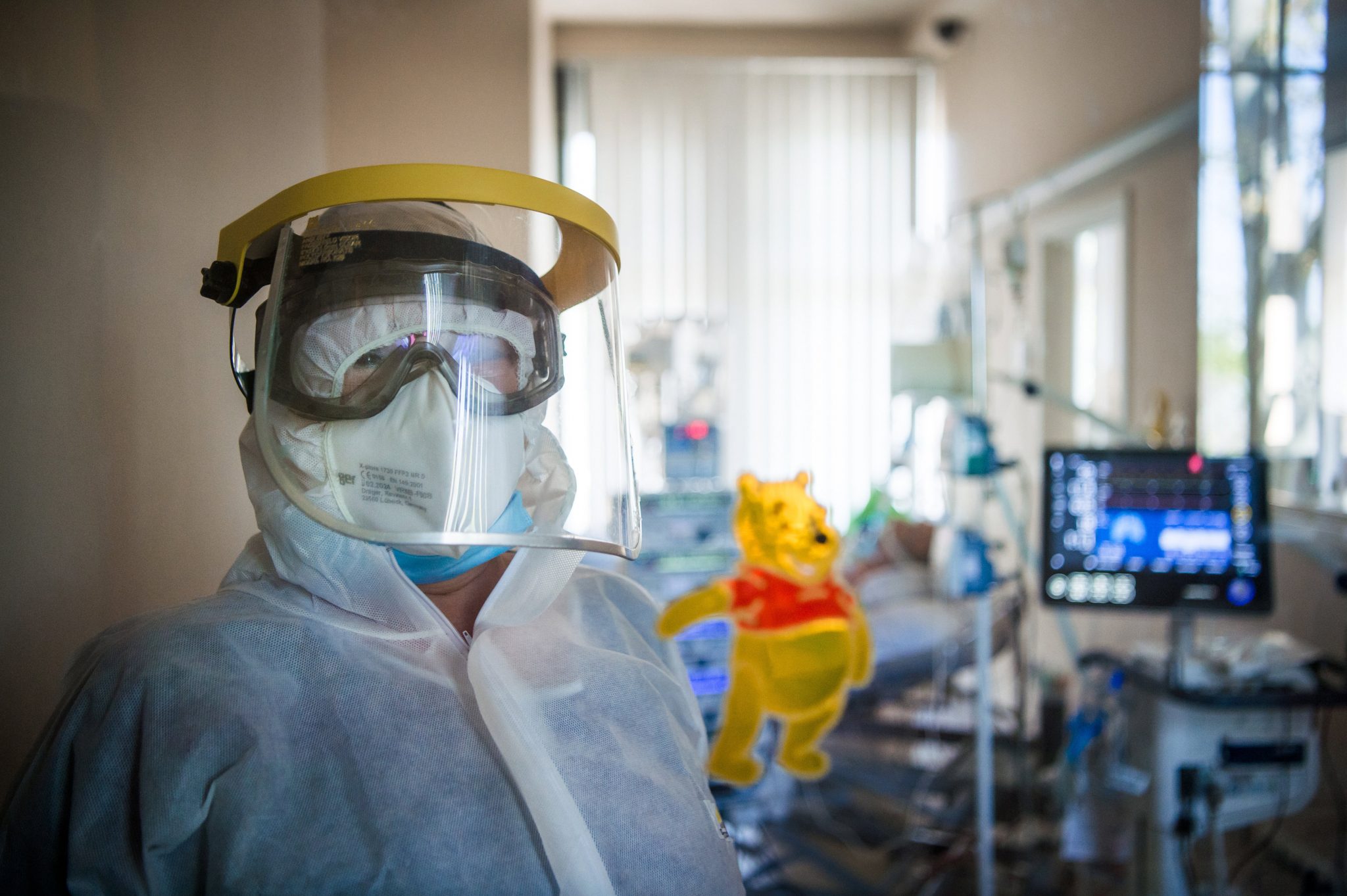While the overall epidemiological figures in Hungary remain favorable (similar to the previous month), there has however, been a slight increase in the number of new cases. Taking into account the appearance of the delta variant, the approaching end of summer, and the fact that Hungary’s vaccination rate is now only average in Europe, is a warning sign that it is time for everyone to be cautious again.
As of now, it seems that the earlier concerns about Hungary’s lifting of epidemic restrictions at the beginning of July potentially launching the next Covid wave proved groundless, and the improvement in Covid statistics that started in May have continued in early July as well.
This was perhaps best demonstrated by one of the most important indicators- the change in the number of daily coronavirus-related fatalities. At the beginning of July, after almost ten months, no deaths were recorded for two consecutive days in Hungary. Fortunately, the number of daily deaths remained low throughout and only once exceeded four.
The number of active infections also showed positive trends. The number of people actively infected with the virus has been constantly decreasing in the past months, evidenced in July by a slower but firm decline with active cases dropping from 38,964 to 31,308.
A similar trend can be observed in the number of people treated in hospitals and those on ventilators as well.
While 116 patients were hospitalized on July 1st with 20 on ventilators, by the end of the month the number of hospital admissions fell by 33% (to 78), while the number of those on ventilators halved (to 11).
The only indicator that paints a slightly concerning picture is the number of new infections. Unfortunately, in mid-July, the declining phase of the Covid epidemic ended in Hungary, similar to several other countries.
The infection rate was lowest in early July, with a seven-day moving average of 30 new cases, but by the end, this has risen to 78. The monthly record was set last Monday, when 161 new cases were registered in a single day.
Because of the rising number of cases, experts have also warned that the reproduction number (R) which indicates on average the number of people that one infected person will pass on a virus to, again surpassed 1.
This data is also worrying, because the new Delta variant of the coronavirus has already appeared in Hungary, and based on the experience of neighboring countries, could easily trigger a fourth Covid wave.
Also, even though Hungary continues to be among the leading countries in Europe in terms of fully vaccinated population, the rate of people getting their first dose has been seriously slowing down while the country is nowhere near the level required for herd immunity.
Together, these factors are casting a dark shadow over Hungary as autumn approaches.
Featured photo illustration by Attila Balázs/MTI


